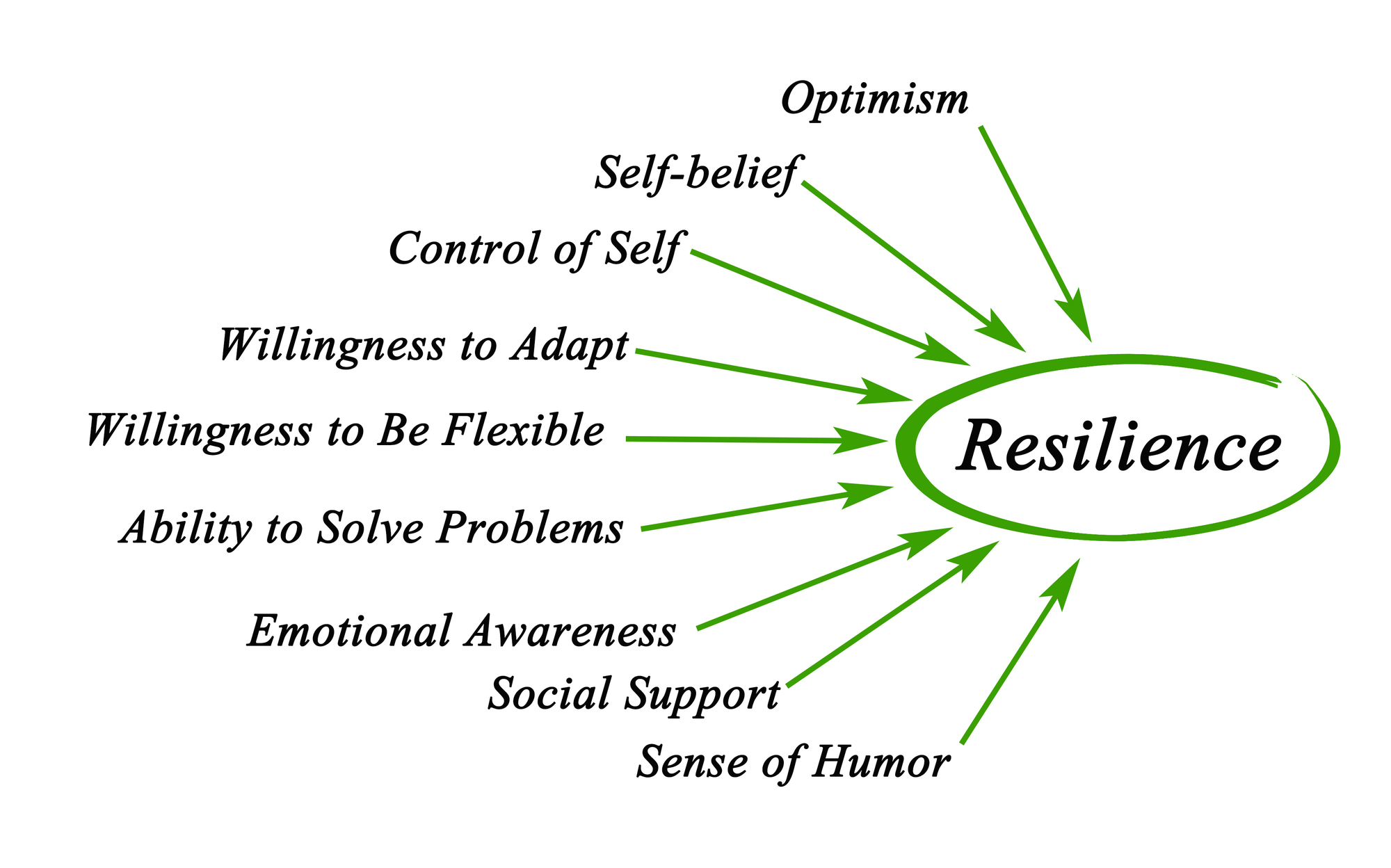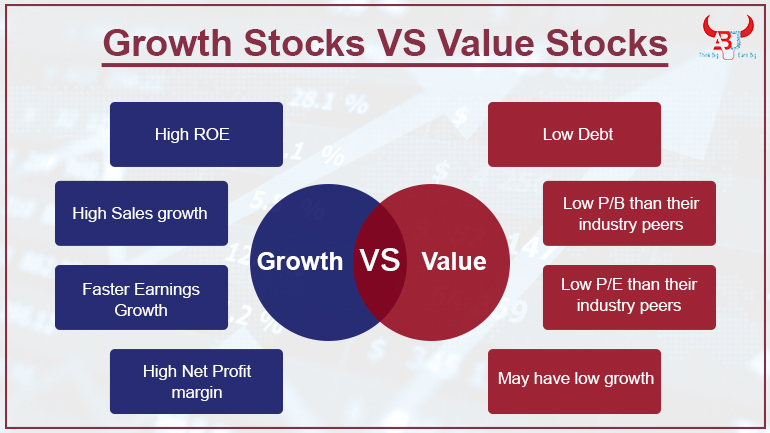Mental Health Resilience: Strategies For A Stronger You

Table of Contents
Understanding Your Stressors and Triggers
Self-awareness is the cornerstone of building mental health resilience. Before you can effectively manage stress, you need to understand what triggers it. Identifying your personal stressors is crucial. These stressors can stem from various aspects of your life: work deadlines and demanding colleagues, strained relationships with family or friends, financial worries, health concerns, or even seemingly minor daily irritations. The impact of these stressors can manifest physically (headaches, muscle tension, fatigue), emotionally (anxiety, irritability, sadness), or behaviorally (withdrawal, procrastination, overeating).
To pinpoint your stress triggers, consider incorporating these actionable steps:
- Keep a stress journal: Track daily events, noting situations, thoughts, and feelings that lead to stress. Identify recurring patterns and themes.
- Practice mindfulness meditation: Mindfulness exercises enhance self-awareness by helping you observe your thoughts and emotions without judgment. This increased awareness allows you to recognize early signs of stress before it escalates.
- Identify patterns in your stress response: Once you've identified your stressors, observe your typical reactions. Do you become irritable, withdrawn, or anxious? Understanding your response helps you develop effective coping mechanisms. Effective stress management hinges on this initial step of self-awareness and identification of stress triggers and emotional regulation.
Cultivating Healthy Coping Mechanisms
Once you understand your stressors, the next step is developing healthy coping mechanisms. These are strategies you can use to manage stress and negative emotions constructively. Healthy coping mechanisms act as buffers against the negative impact of stress, promoting mental health resilience.
Some effective strategies include:
- Engage in regular physical exercise: Physical activity releases endorphins, which have mood-boosting effects. Aim for at least 30 minutes of moderate-intensity exercise most days of the week.
- Prioritize getting enough sleep: Sleep deprivation weakens your ability to cope with stress. Aim for 7-9 hours of quality sleep each night.
- Maintain a balanced and nutritious diet: Nourishing your body with healthy foods provides the energy and nutrients needed to manage stress effectively. Limit processed foods, sugar, and caffeine.
- Practice relaxation techniques: Techniques such as deep breathing, progressive muscle relaxation, and yoga can help calm your nervous system and reduce stress.
It's equally important to recognize and avoid less helpful coping mechanisms, such as substance abuse (alcohol, drugs) and avoidance. While these may provide temporary relief, they often exacerbate problems in the long run and hinder the development of true mental health resilience.
Building a Strong Support System
Social connection plays a vital role in mental well-being and resilience. A strong support system acts as a buffer against stress, providing emotional support, practical assistance, and a sense of belonging. This network can include friends, family members, colleagues, mentors, or members of a support group.
Cultivating and maintaining a strong support network involves:
- Nurturing existing relationships: Invest time and effort in your relationships. Schedule regular time to connect with loved ones.
- Join a support group or club related to your interests: Connecting with others who share your interests can provide a sense of community and belonging.
- Don't hesitate to seek professional help when needed: Therapists, counselors, and other mental health professionals can provide guidance and support in managing stress and building resilience. Reaching out is a sign of strength, not weakness. This proactive approach to building a strong community and seeking help from mental health professionals is integral to long-term mental health resilience.
Developing a Growth Mindset and Positive Self-Talk
A growth mindset – the belief that abilities and intelligence can be developed through dedication and hard work – significantly impacts mental health resilience. Individuals with a growth mindset view challenges as opportunities for learning and growth, rather than threats to their self-worth. This perspective fosters adaptability and perseverance in the face of adversity.
Coupled with a growth mindset is the power of positive self-talk. Reframing negative thoughts and challenging self-critical beliefs is essential for building resilience. Instead of dwelling on failures, focus on lessons learned and future opportunities.
Practical techniques for cultivating positive self-talk include:
- Practice positive affirmations daily: Repeat positive statements to yourself, focusing on your strengths and capabilities.
- Challenge negative thoughts and replace them with more positive and realistic ones: Identify negative thought patterns and actively challenge their validity.
- Focus on your strengths and accomplishments: Acknowledge your successes and celebrate your achievements, no matter how small. Self-compassion and cognitive restructuring are key components of this process.
Strengthening Your Mental Health Resilience
Building mental health resilience is an ongoing process, not a destination. By implementing the strategies outlined above – cultivating self-awareness, developing healthy coping mechanisms, building a strong support system, and fostering a growth mindset with positive self-talk – you can significantly enhance your ability to navigate life's challenges and emerge stronger. Remember, prioritizing your mental well-being is not selfish; it's essential for a fulfilling and balanced life. Start building your mental health resilience today by implementing these strategies. Remember, a stronger you starts with a resilient mind!

Featured Posts
-
 Klopps Influence How Ex Liverpool Managers Fame Boosts Hout Bay Fc
May 21, 2025
Klopps Influence How Ex Liverpool Managers Fame Boosts Hout Bay Fc
May 21, 2025 -
 Clisson Debat Sur Le Port De Symboles Religieux Au College
May 21, 2025
Clisson Debat Sur Le Port De Symboles Religieux Au College
May 21, 2025 -
 Canada Post Facing Potential End Of Daily Home Mail Delivery
May 21, 2025
Canada Post Facing Potential End Of Daily Home Mail Delivery
May 21, 2025 -
 Joint Statement Switzerland And China Seek Dialogue On Tariffs
May 21, 2025
Joint Statement Switzerland And China Seek Dialogue On Tariffs
May 21, 2025 -
 Mas Alla Del Arandano El Mejor Superalimento Para Prevenir Enfermedades
May 21, 2025
Mas Alla Del Arandano El Mejor Superalimento Para Prevenir Enfermedades
May 21, 2025
Latest Posts
-
 Thames Water Executive Bonuses A Closer Look At The Controversy
May 22, 2025
Thames Water Executive Bonuses A Closer Look At The Controversy
May 22, 2025 -
 Where To Invest A Comprehensive Guide To The Countrys Rising Business Centers
May 22, 2025
Where To Invest A Comprehensive Guide To The Countrys Rising Business Centers
May 22, 2025 -
 The Implications Of Sses 3 Billion Spending Reduction
May 22, 2025
The Implications Of Sses 3 Billion Spending Reduction
May 22, 2025 -
 Googles Ai Investment A Critical Analysis Of Returns And Future Potential
May 22, 2025
Googles Ai Investment A Critical Analysis Of Returns And Future Potential
May 22, 2025 -
 Investing In Growth Identifying The Countrys Hottest Business Locations
May 22, 2025
Investing In Growth Identifying The Countrys Hottest Business Locations
May 22, 2025
